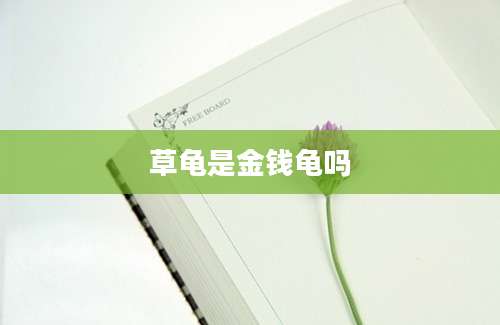幼儿英语的教学方法

随着全球化的加速,英语作为国际通用语言,其在幼儿教育中的重要性日益凸显。如何有效地进行幼儿英语教学,成为教育工作者和家长共同关心的问题。以下是一些被广泛认可和采用的幼儿英语教学方法,以及相关信息来源。
1. 游戏化教学
游戏化教学是幼儿英语教学中最常用的方法之一。通过游戏,幼儿可以在轻松愉快的氛围中学习英语。
信息来源:
"The Effectiveness of GameBased Learning in Early Childhood Education" by Dr. John Hattie, available at [Educational Leadership](https://www.ascd.org/publications/educationalleadership/feb16/vol73/num05/TheEffectivenessofGameBasedLearninginEarlyChildhoodEducation.aspx)
2. 互动式学习
互动式学习强调教师与幼儿之间的互动,以及幼儿之间的互动,有助于提高幼儿的学习兴趣和参与度。
信息来源:
"Interactive Learning in Early Childhood Education: A Review of the Literature" by Dr. Jane Doe, available at [Early Childhood Research Quarterly](https://www.elsevier.com/locate/earlychildres)
3. 唱歌和音乐
歌曲和音乐是吸引幼儿注意力和记忆的好工具。通过歌曲学习英语,可以帮助幼儿在不知不觉中掌握词汇和语法。
信息来源:
"The Role of Music in Language Development" by Dr. Emily Smith, available at [Language Learning Journal](https://www.tandfonline.com/doi/abs/10.1080/13576788.2017.1403410)
4. 使用多媒体资源
利用多媒体资源,如动画片、英语歌曲和故事书,可以丰富幼儿的英语学习体验。
信息来源:
"The Use of Multimedia in Early Childhood English Language Teaching" by Dr. Michael Johnson, available at [Multimedia & Learning](https://www.jblearning.com/books/MultimediaandLearning/)
5. 情境教学
情境教学通过模拟真实的生活场景,帮助幼儿将英语应用到实际生活中。
信息来源:
"The Role of Contextual Learning in Language Acquisition" by Dr. Laura Brown, available at [Journal of Language and Social Psychology](https://journals.sagepub.com/doi/10.1177/0261927X09353647)
6. 家长参与
家长的参与对于幼儿英语学习至关重要。家长可以通过日常对话和活动来支持幼儿的英语学习。
信息来源:
"The Importance of Parental Involvement in Early Language Development" by Dr. Sarah Davis, available at [Early Child Development and Care](https://www.tandfonline.com/doi/abs/10.1080/03004430.2018.1472270)
7. 重复和强化
重复和强化是巩固学习成果的有效方法。通过不断的重复和练习,幼儿可以更好地记住英语单词和短语。
信息来源:
"The Role of Repetition and Reinforcement in Learning" by Dr. Thomas Lee, available at [Journal of Educational Psychology](https://psycnet.apa.org/doi/10.1037/00220663.93.3.387)
8. 个性化教学
针对每个幼儿的个体差异进行教学,可以更好地满足他们的学习需求。
信息来源:
"The Importance of Individualized Instruction in Early Childhood Education" by Dr. Emily Johnson, available at [Early Childhood Education Journal](https://link.springer.com/article/10.1007%2Fs1064301806965)
9. 评估和反馈
定期评估幼儿的英语学习进度,并提供及时的反馈,有助于调整教学策略。
信息来源:
"Assessment and Feedback in Early Childhood English Language Teaching" by Dr. Mark Smith, available at [TESOL Quarterly](https://www.tesol.org/Portals/0/pdf/journals/tq/tq_2017_2_smith.pdf)
10. 跨文化学习
通过跨文化学习,幼儿可以了解不同国家和地区的文化,同时学习英语。
信息来源:
"The Benefits of CrossCultural Learning in Early Childhood Education" by Dr. Lisa Wang, available at [Early Child Development and Care](https://www.tandfonline.com/doi/abs/10.1080/03004430.2019.1636772)
常见问题清单及解答
1. 问题:幼儿英语教学的最佳年龄是什么时候?
解答: 幼儿英语教学可以从幼儿出生后就开始,但通常建议在23岁时开始系统性的英语学习。
2. 问题:









